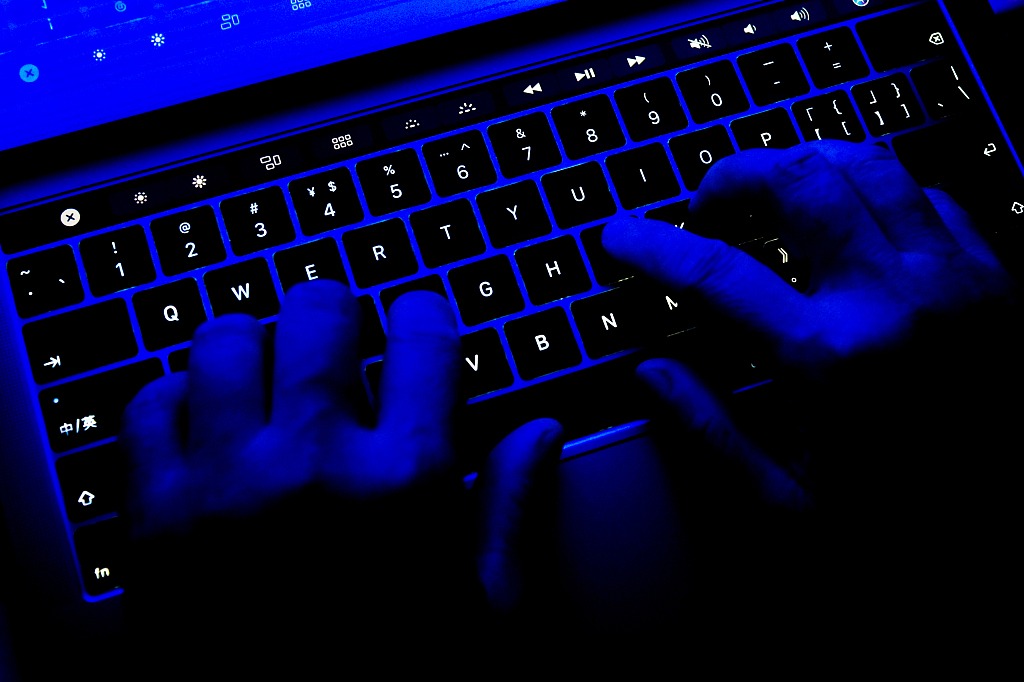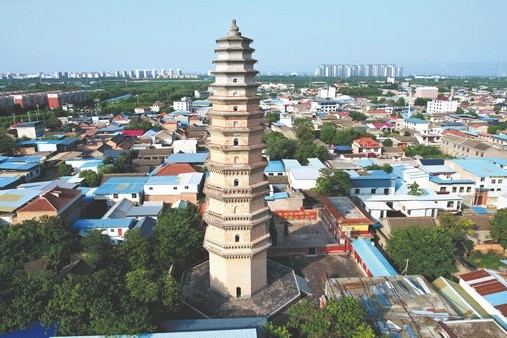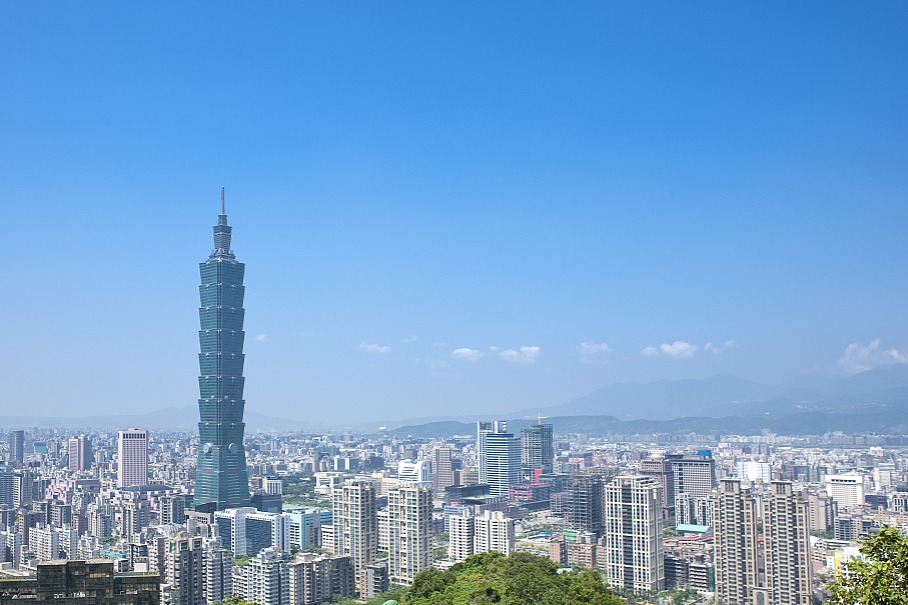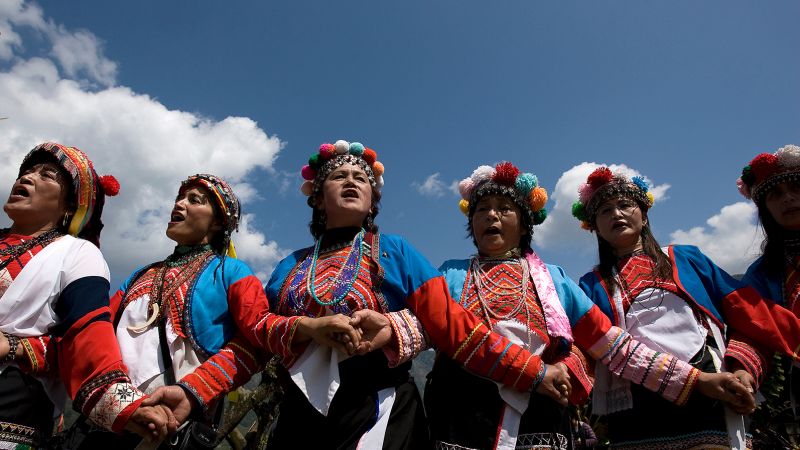
As Taiwan embraces its Indigenous people, it rebuffs China
CNNTaipei, Taiwan CNN — Avai Yata’uyungana was just 12 when the soldiers dragged his father away to be executed. “Of course, Taiwan’s Indigenous groups gave it the most legitimacy, and so it also gave rise to subsequent Indigenous rights movements in the 1980s.” Celebrations in central Taipei after the establishment of the Council of Indigenous Peoples on December 10, 1996. “For 400 years, every regime that has come to Taiwan has brutally violated the rights of Indigenous peoples through armed invasion and land seizure,” said President Tsai Ing-wen in a public address. “For this, I apologize to the Indigenous peoples on behalf of the government.” Tibusungu 'e Vayayana, also known as Wang Ming-huey, teaches indigenous studies at National Taiwan Normal University. His last letter, written to his wife just months before he was executed in 1954, included this line: “The truth of my wrongful offense will be revealed in the future.” A prophecy, fulfilled As Uyongu had foresaw, things would not always be so bleak for Taiwan’s Indigenous people peoples, though the suppression of local identities at the hands of the Kuomintang was to endure for decades yet.
History of this topic

In the battle over identity, a centuries-old issue looms in Taiwan: hunting
NPRDiscover Related
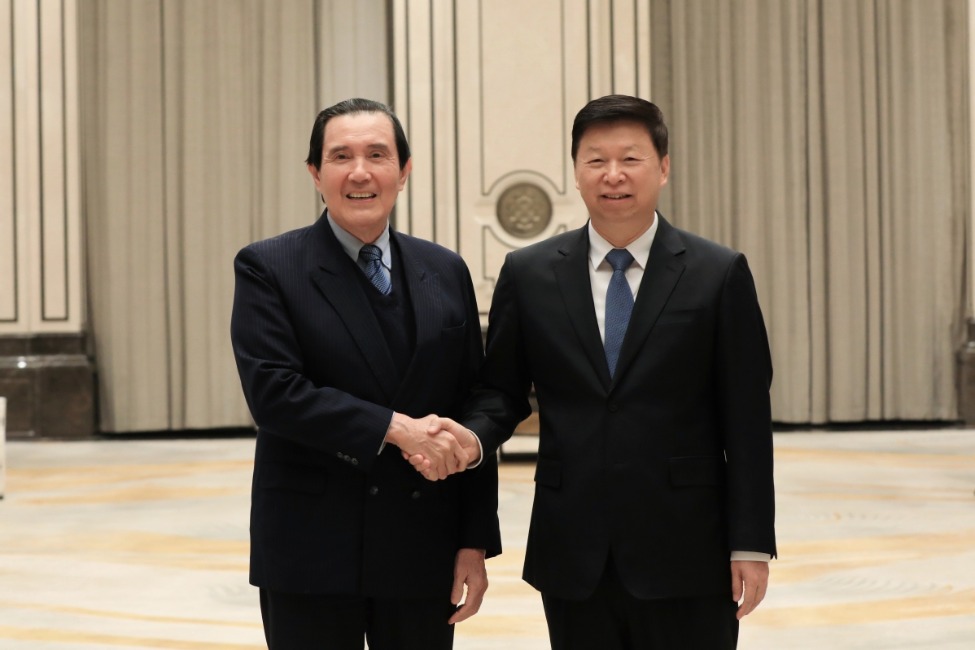
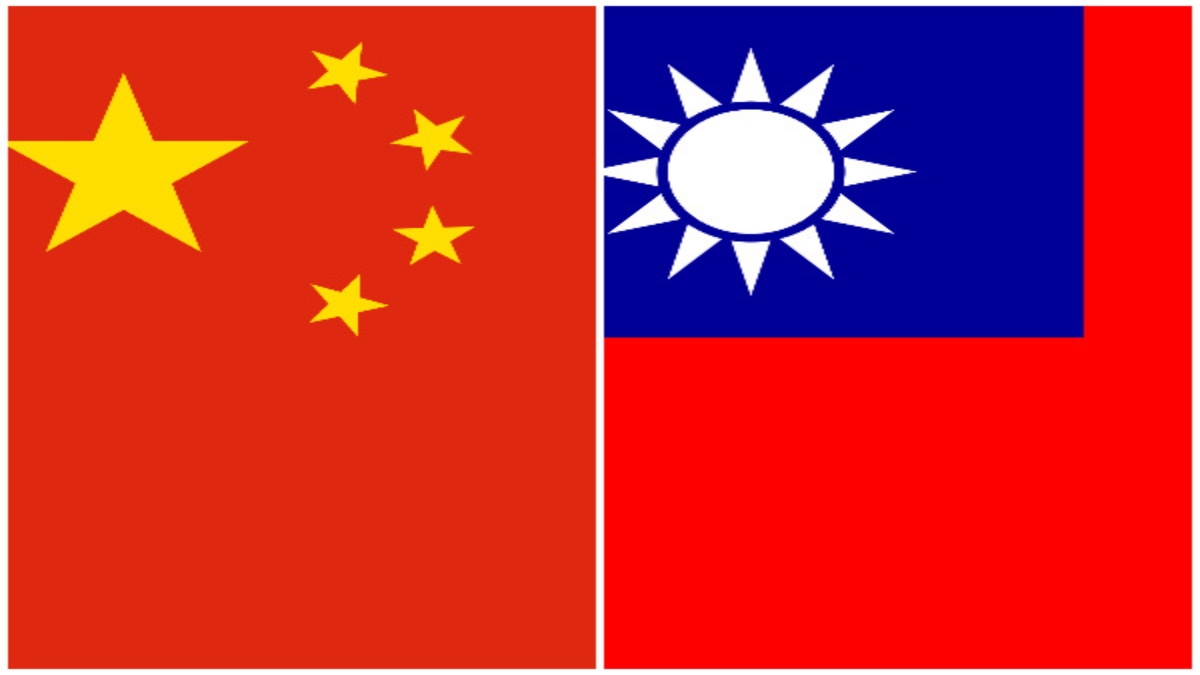)
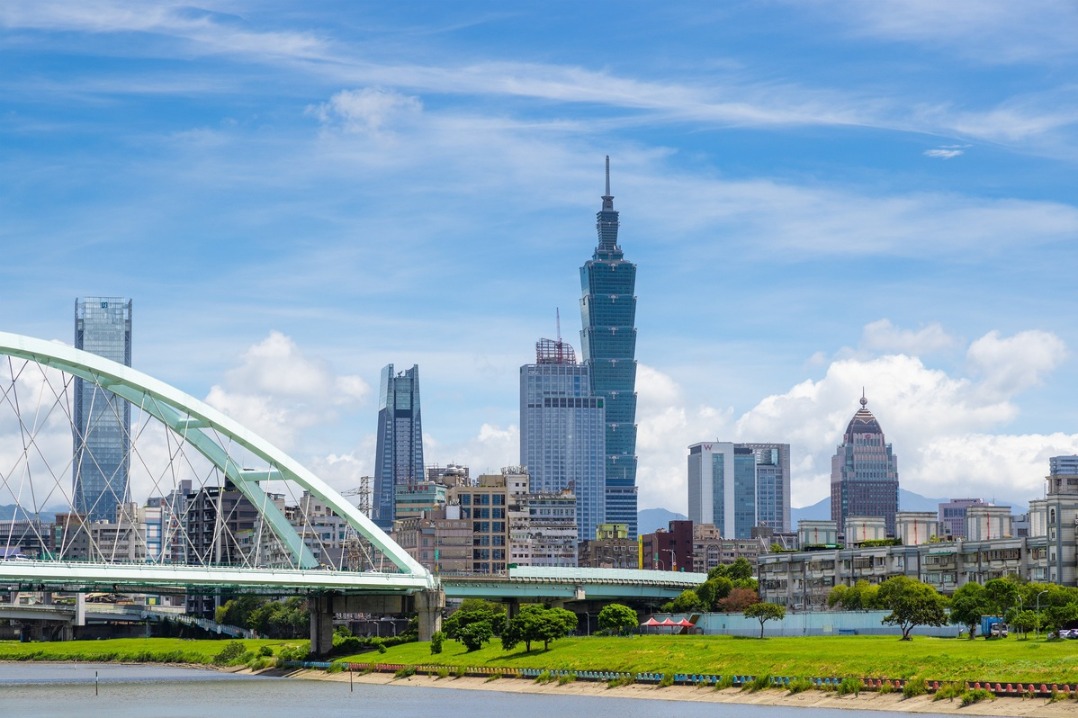

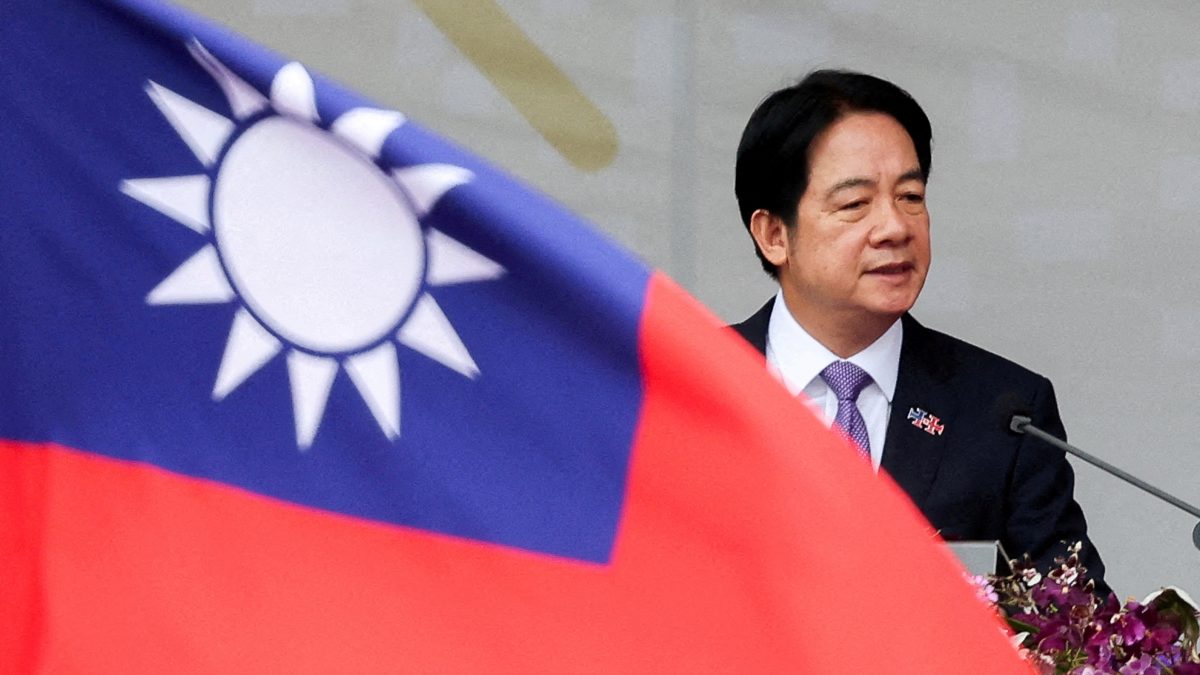)
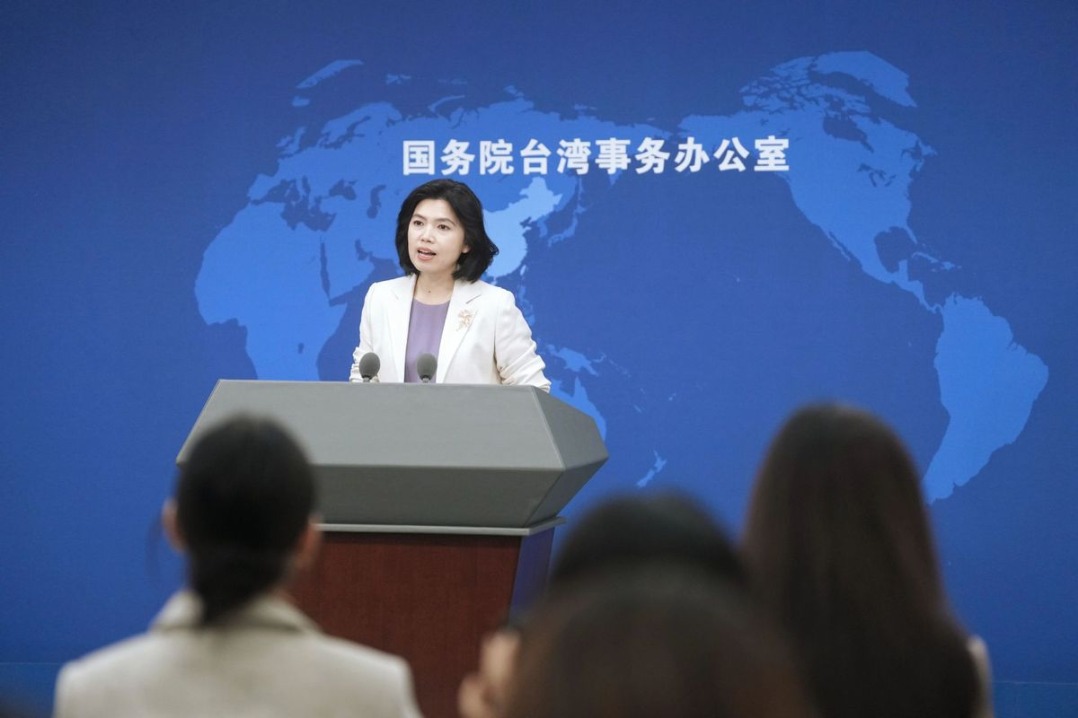
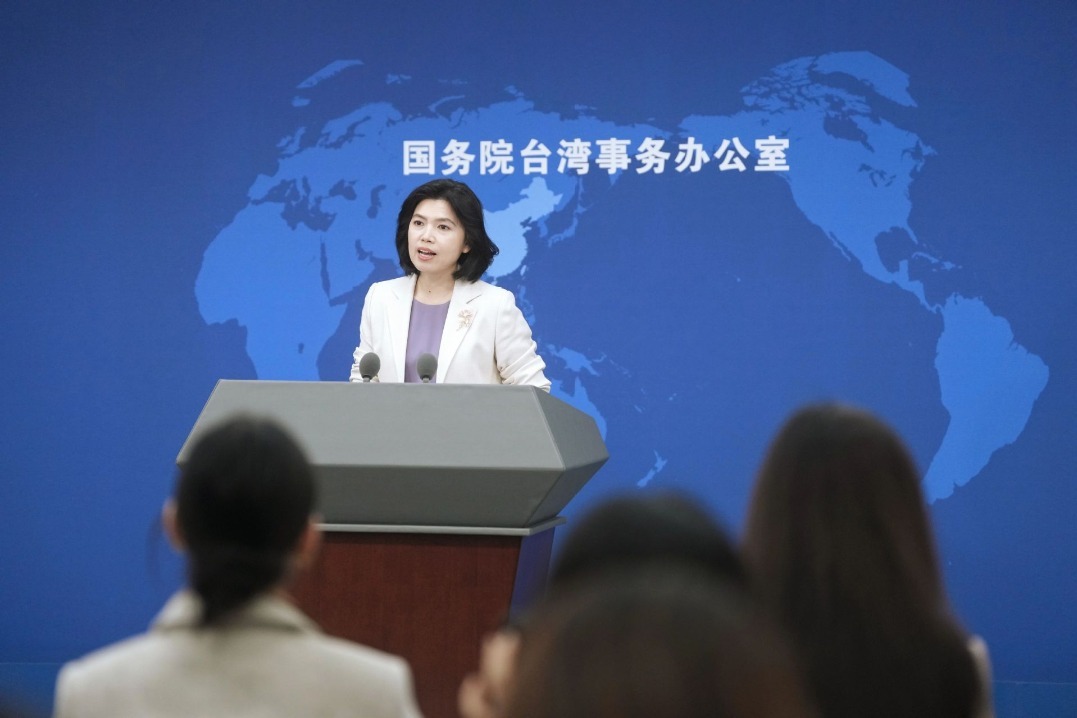

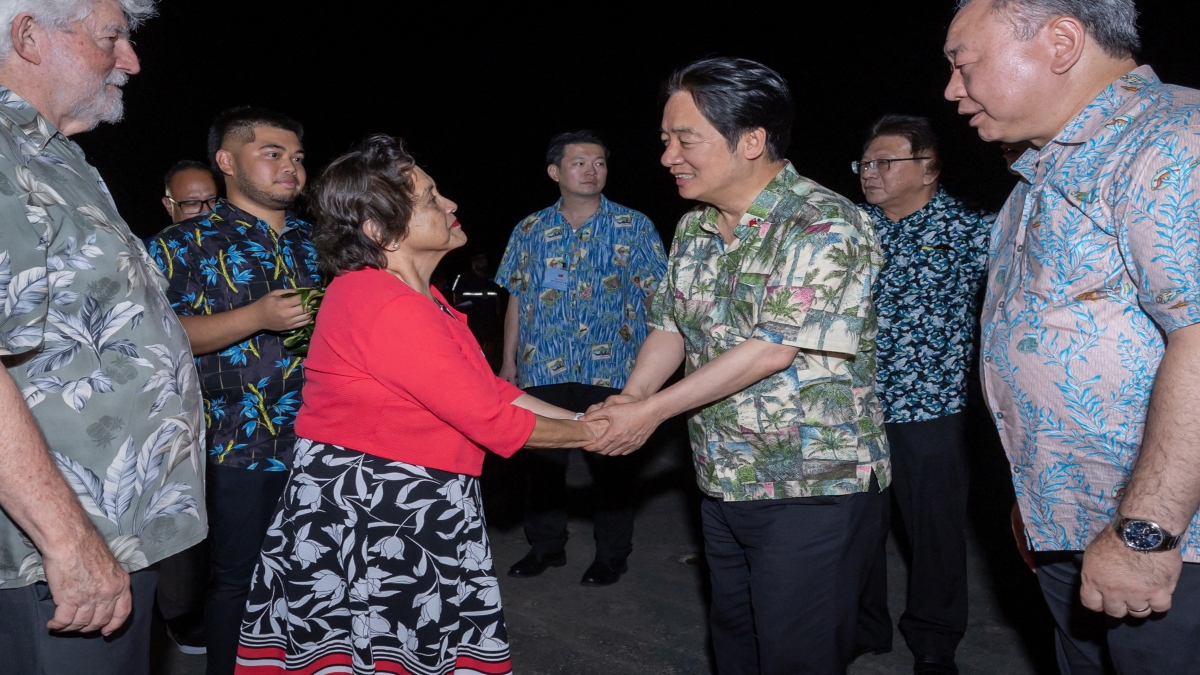)
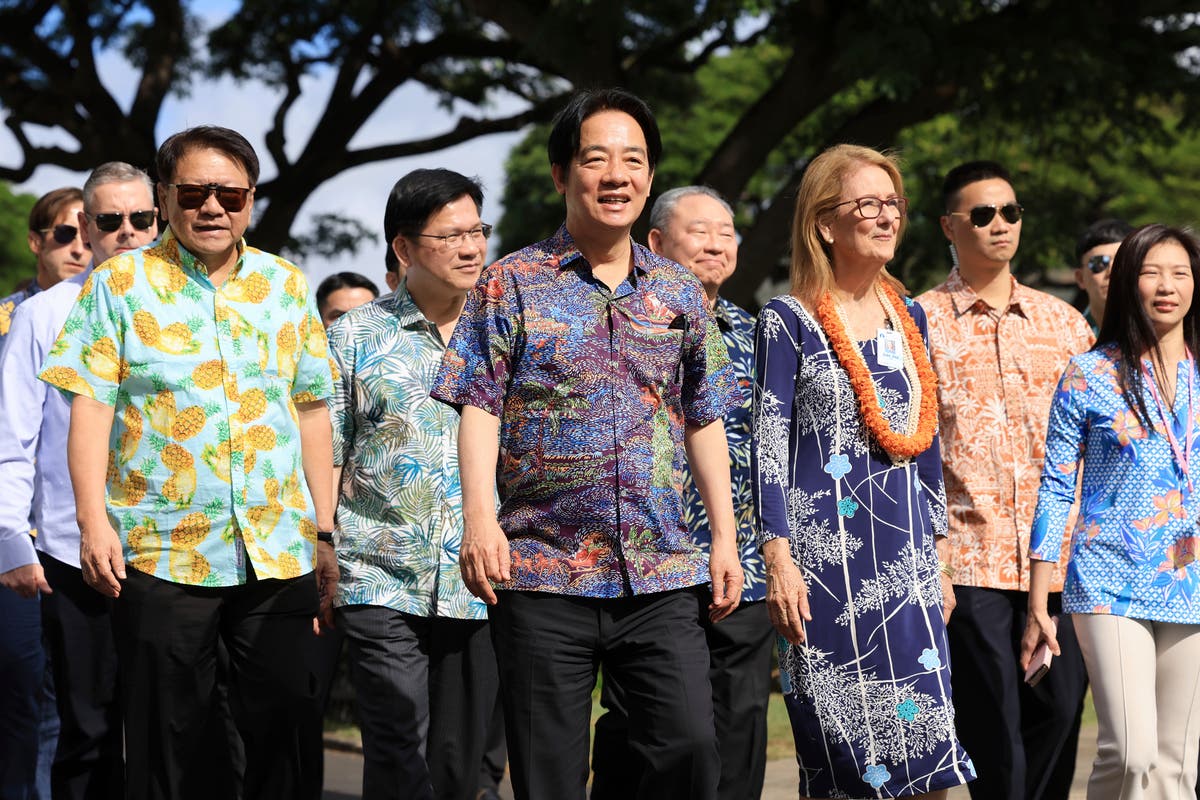
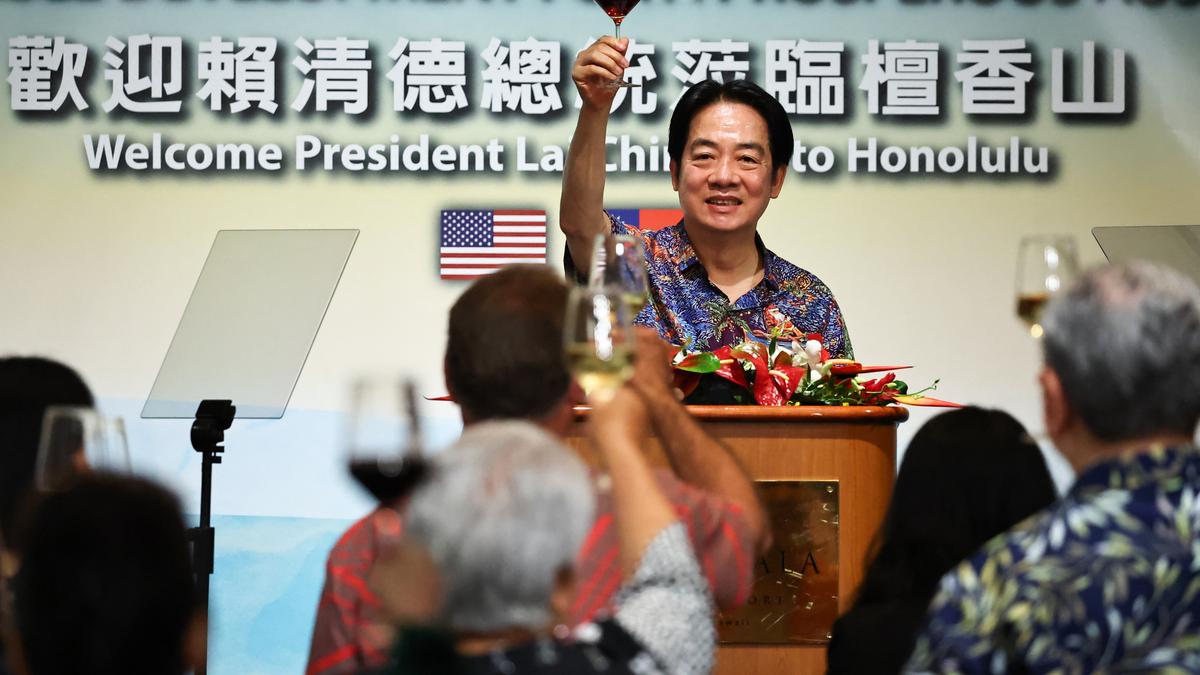


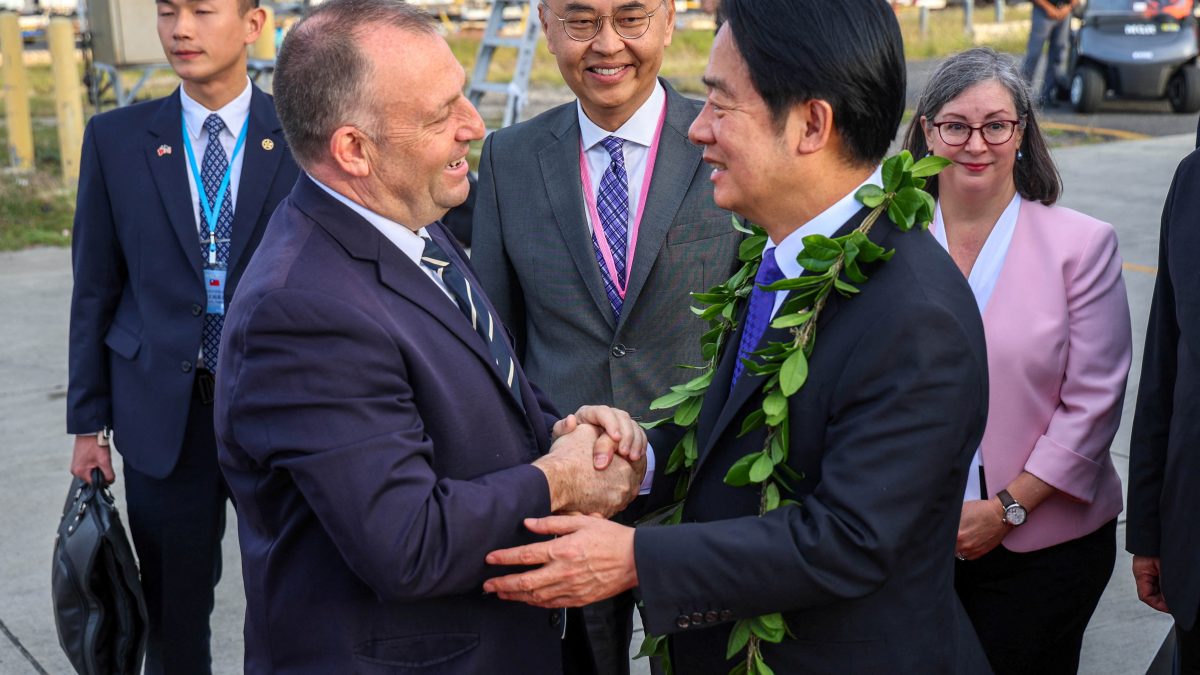)
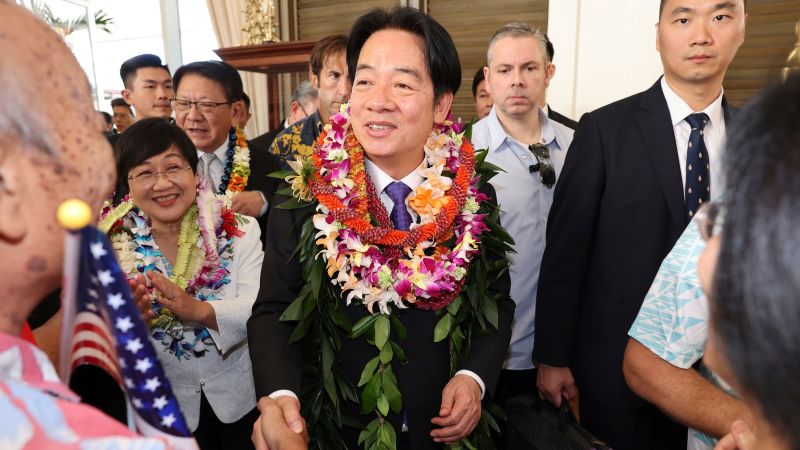


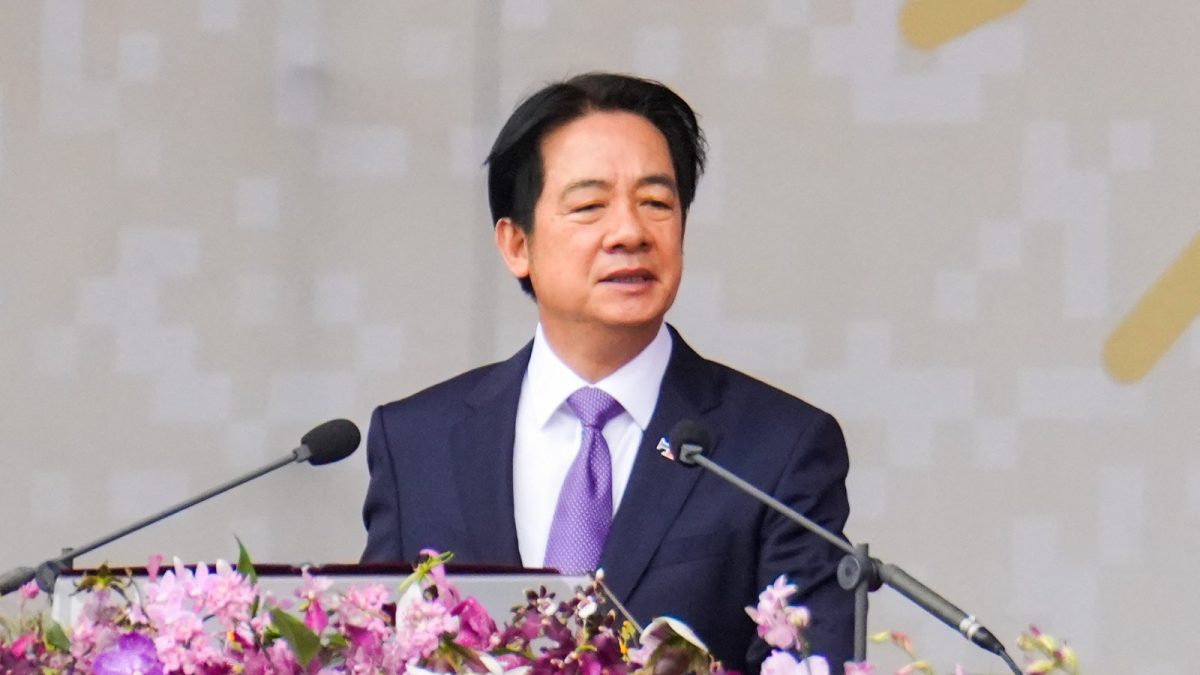)
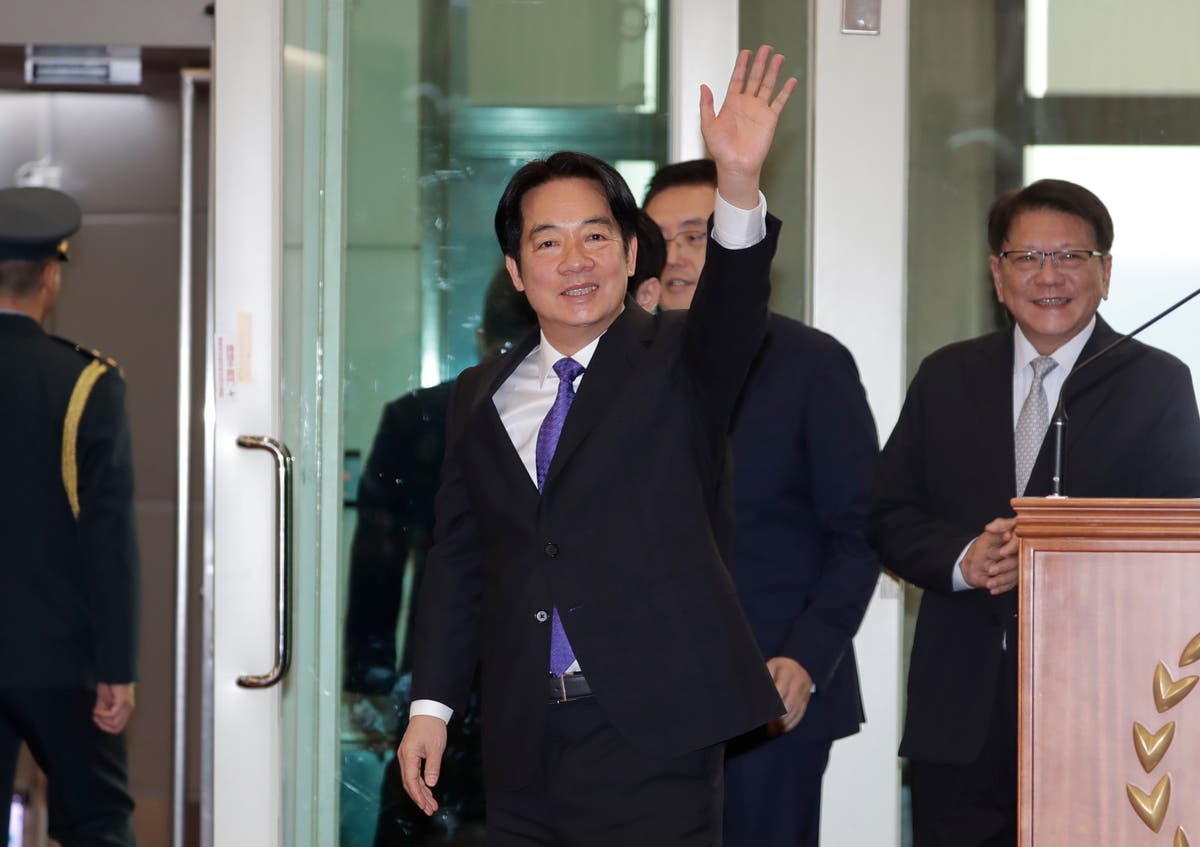
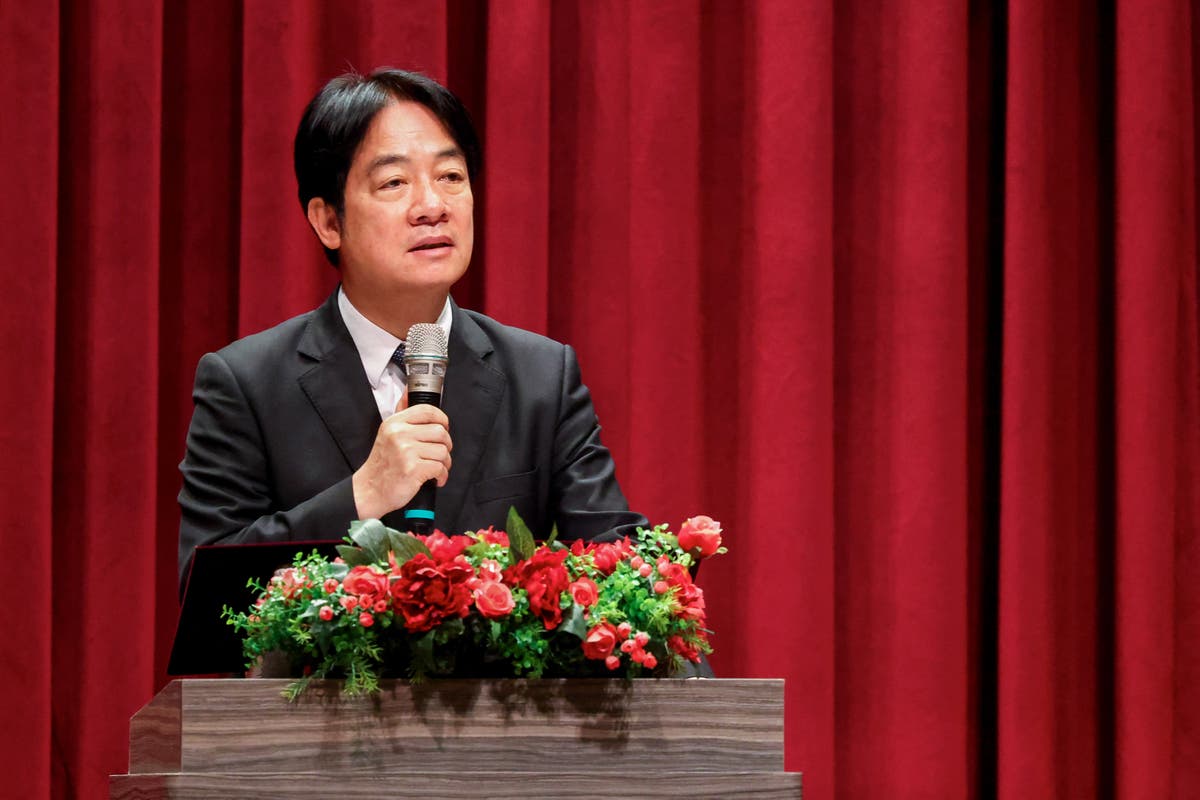
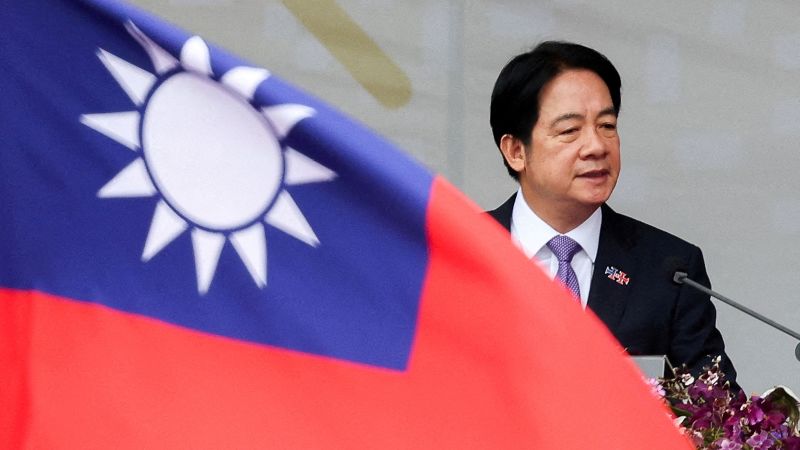
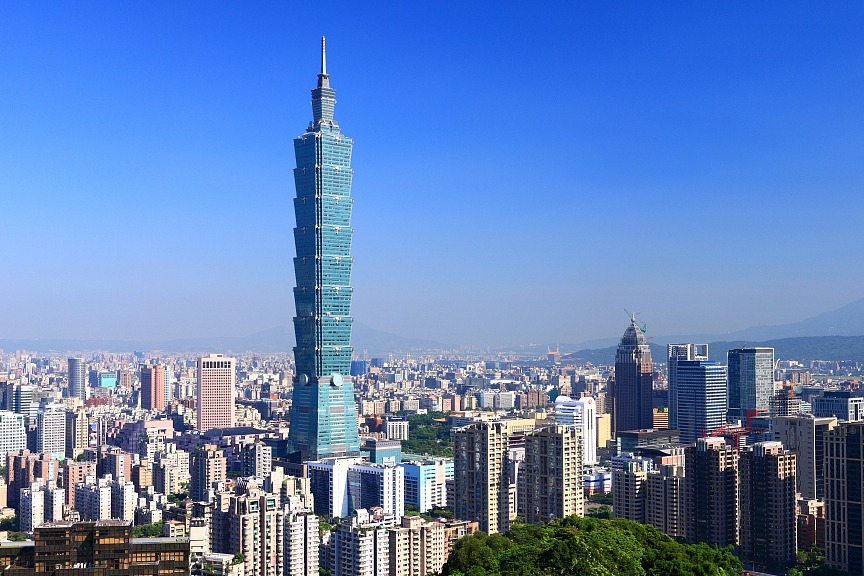
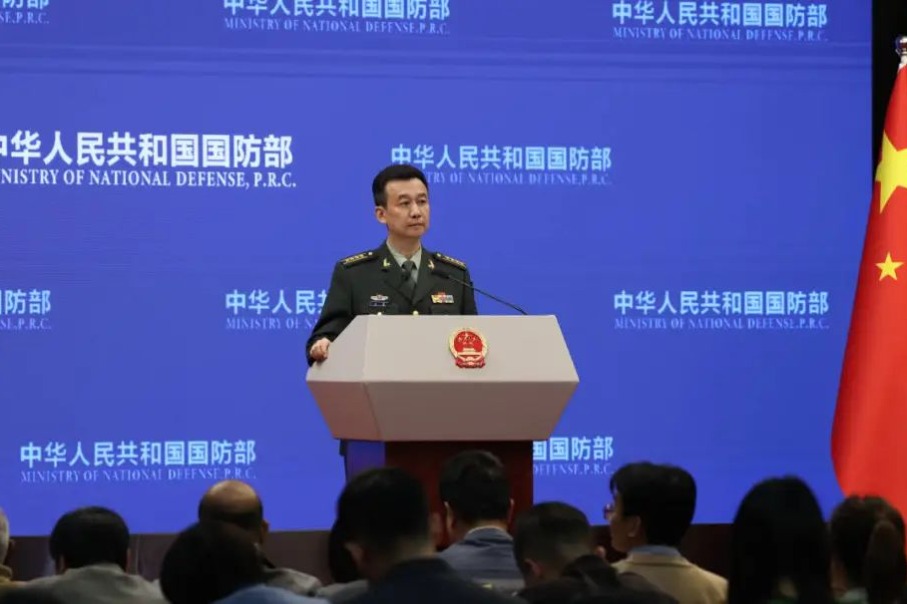



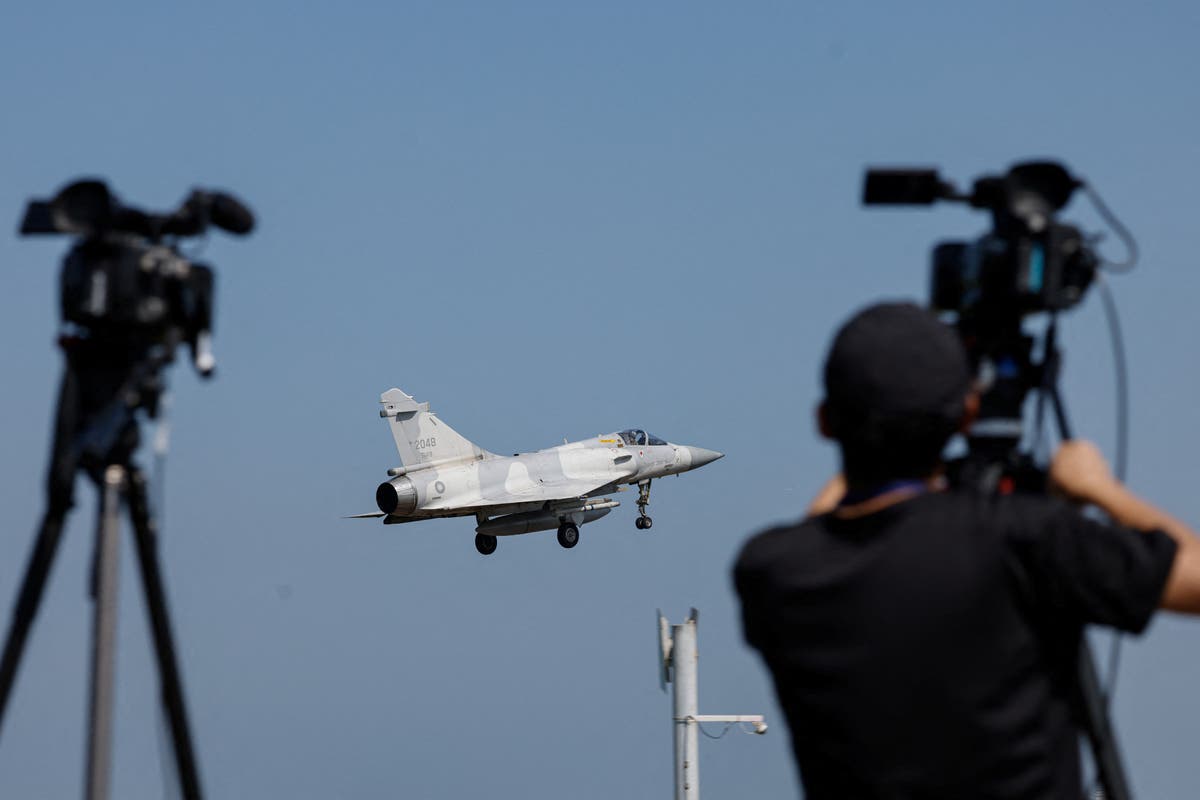

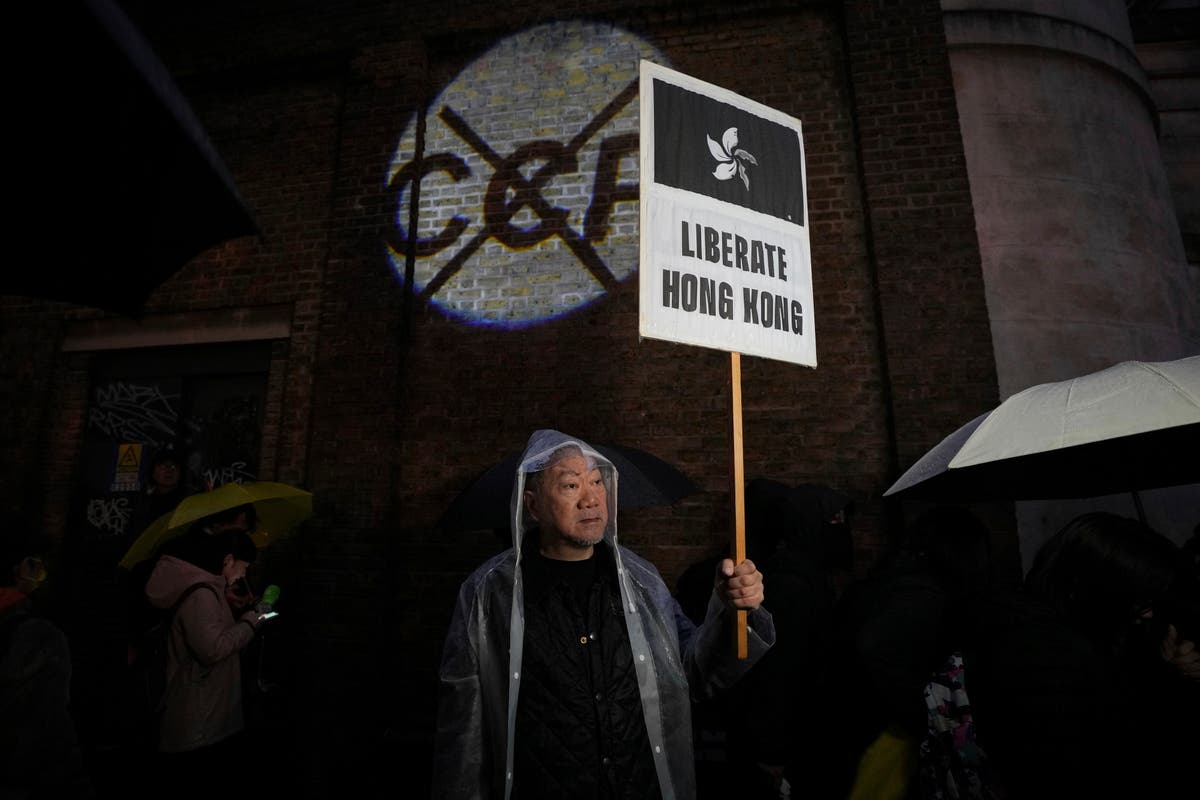


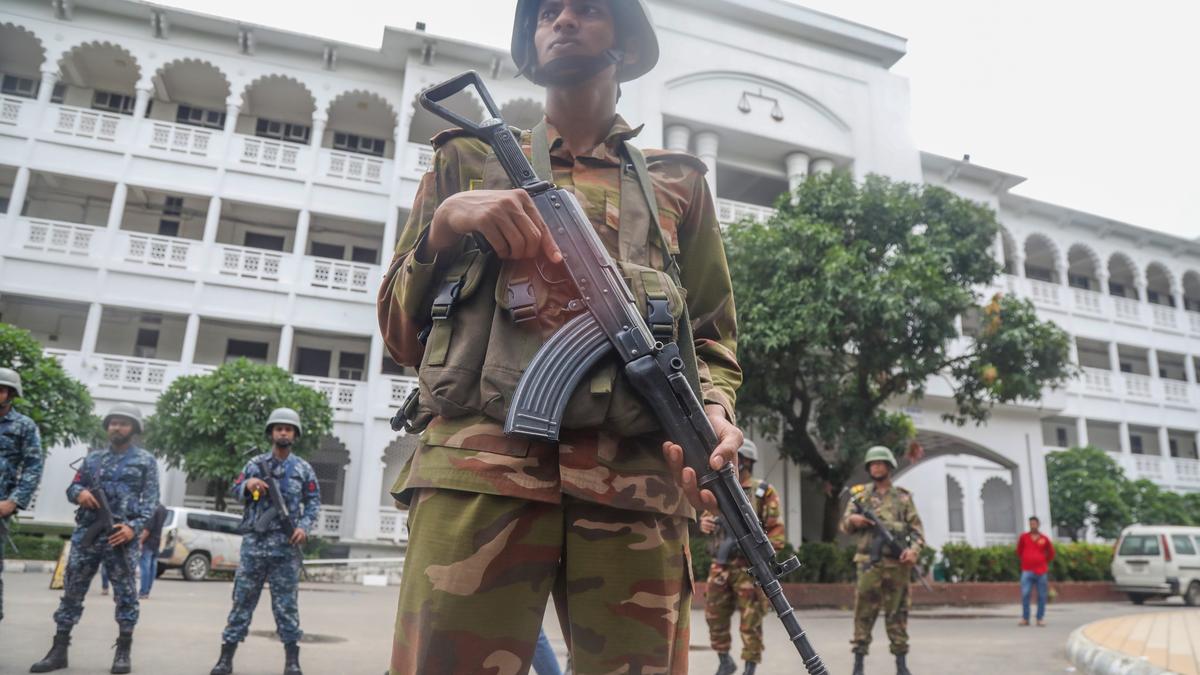
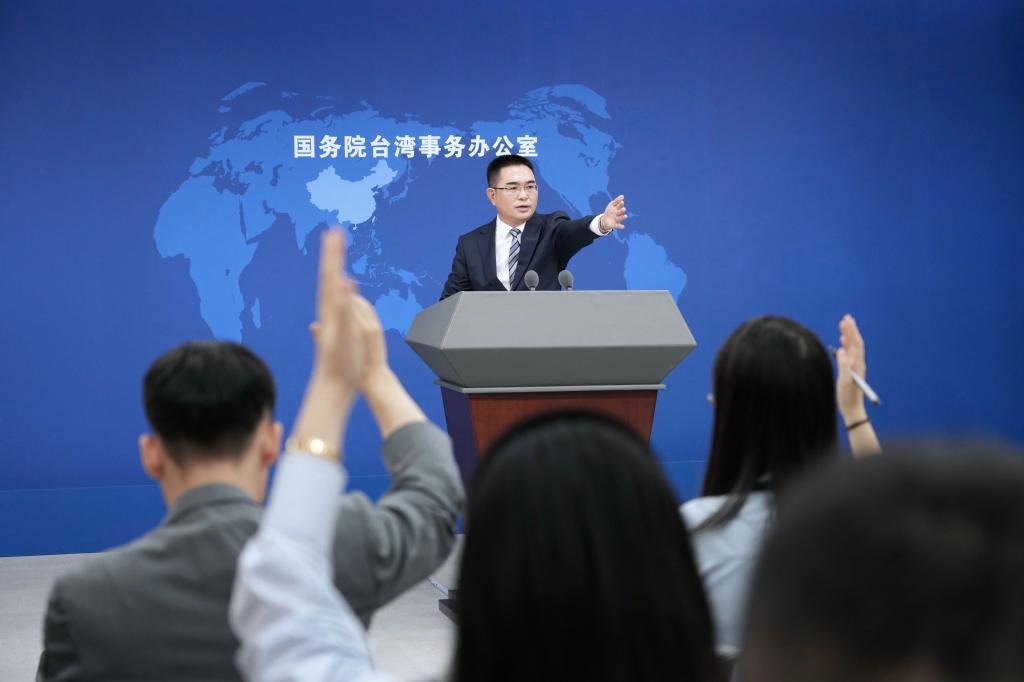

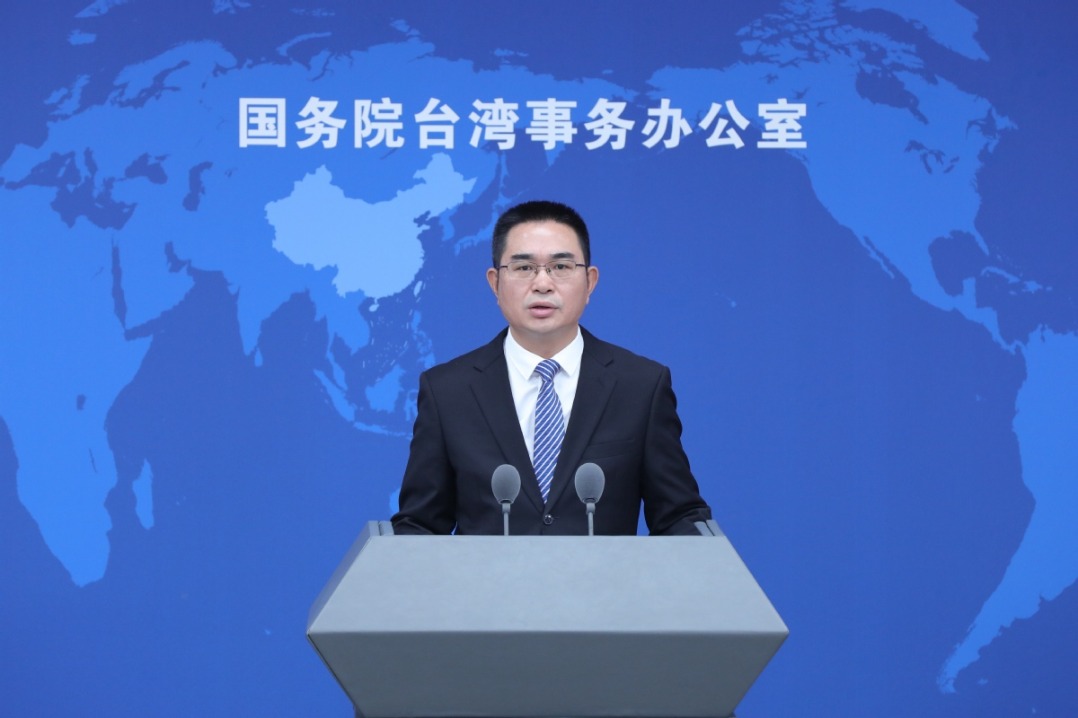
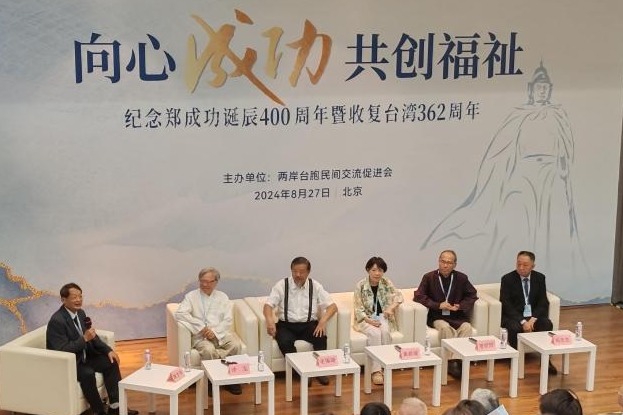
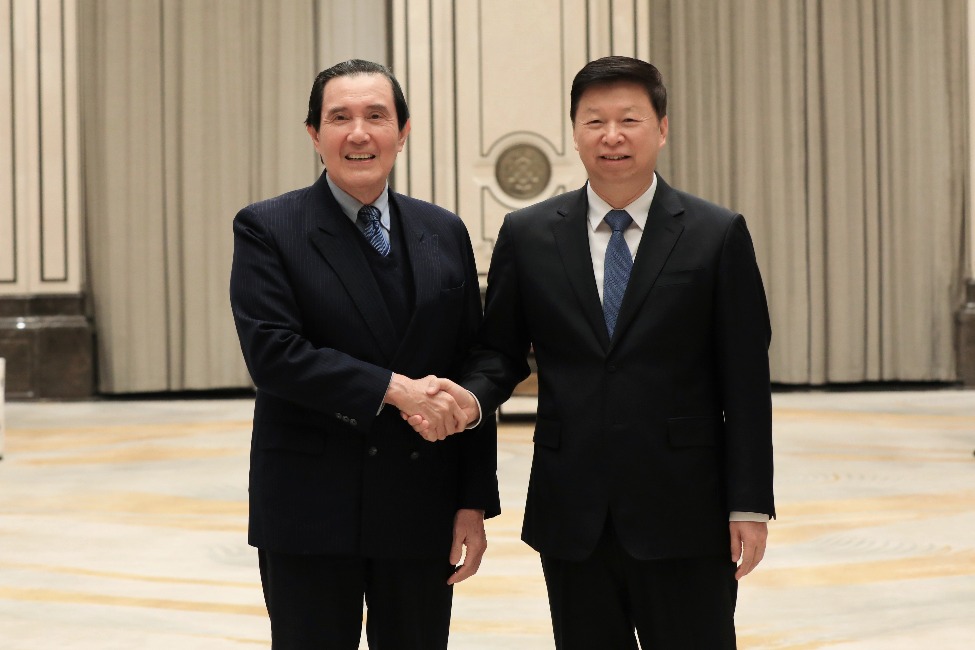

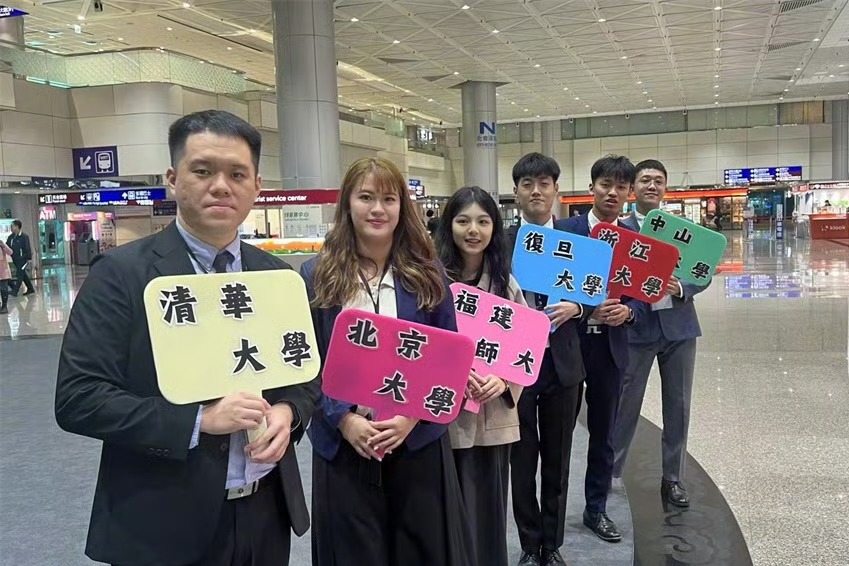
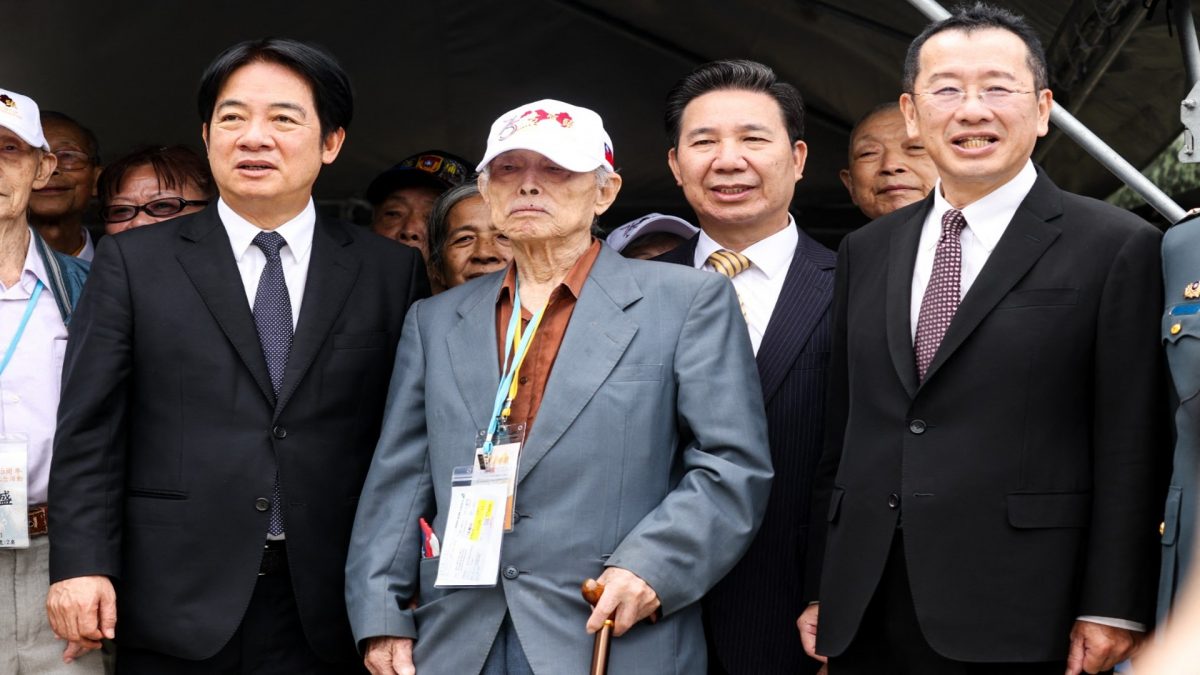)
